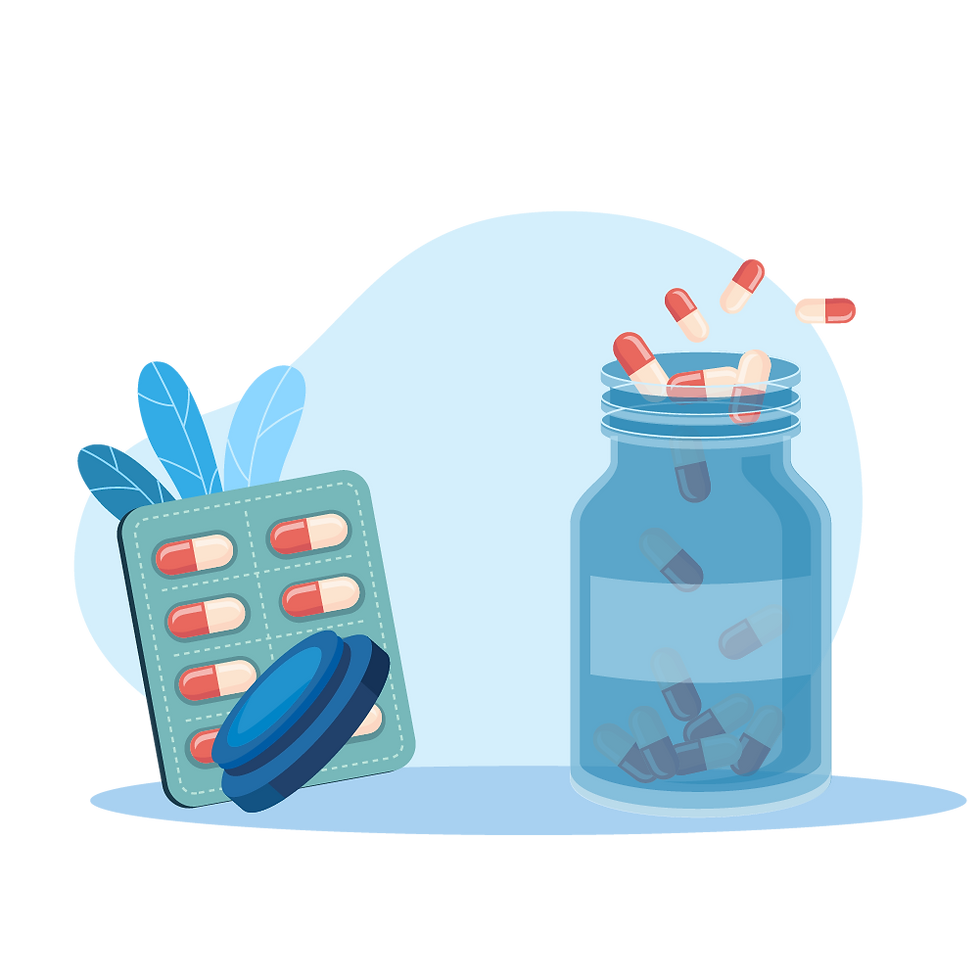
Post-traumatic stress disorder (PTSD)
at Caritas Behavioral Health in Columbia, MD
Post-traumatic stress disorder (PTSD) is a mental health condition that can arise after seeing or going through a shocking event.
People with PTSD often relive the event through flashbacks and nightmares. They might feel intense anxiety and try to avoid anything that reminds them of the trauma.
PTSD can affect individuals from all backgrounds and walks of life. It is not limited to combat veterans or those in high-risk professions. Anyone who has experienced a traumatic event can be at risk for developing PTSD.

What can cause PTSD?
PTSD can follow a traumatic experience. However, not everyone who goes through trauma gets PTSD. Some things can increase the risk, like having faced other traumas before, having other mental health issues, facing very intense or long-lasting trauma, or not having good support from friends or family.
Common triggers of PTSD include experiencing or witnessing:
-
Natural disasters
-
Car accidents
-
Physical or sexual abuse
-
Violent crime
-
The sudden death of a loved one
Symptoms of PTSD
Symptoms of PTSD may include:
-
Flashbacks of the traumatic event
-
Nightmares about the traumatic event
-
Feel very scared or anxious often
-
Avoiding anything that reminds you of the traumatic event
-
Trouble remembering important aspects of the traumatic event
-
Feeling emotionally numb or detached from people and events
-
Feeling irritable and angry
If these feelings last for over a month, get in the way of your day-to-day life, or both, it might be PTSD. These signs often show up within 3 months of the trauma, but sometimes they appear later. It's also common for PTSD to come with other mental health issues like depression or anxiety. It's important to work with a health professional who understands this to get the best care.
Talk Therapy
Also known as PTSD, talk therapy serves as an effective treatment for various conditions, including depression. As it can take several forms, you and your therapist can choose the most suitable method based on your condition and symptoms. If necessary, talk therapy can complement medications and other treatments.

.webp)
